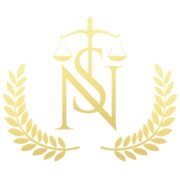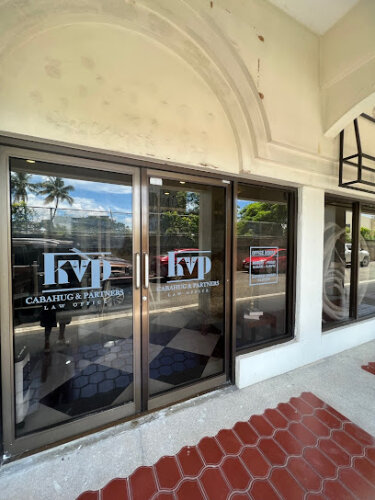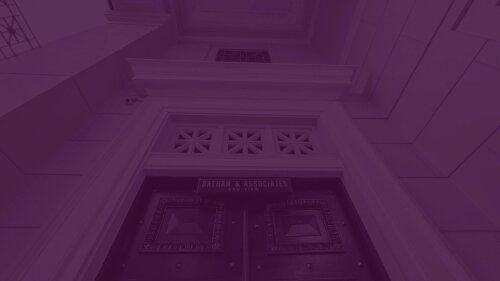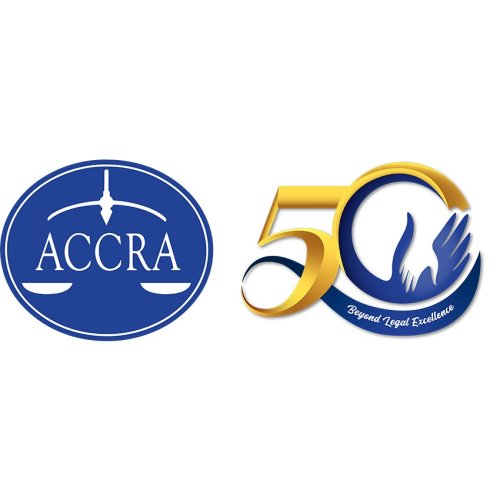Best Drunk Driving Lawyers in Cebu City
Share your needs with us, get contacted by law firms.
Free. Takes 2 min.
List of the best lawyers in Cebu City, Philippines
About Drunk Driving Law in Cebu City, Philippines
Drunk driving is a grave offense in Cebu City, Philippines. The law against drunk driving is prominently established in Republic Act No. 10586, more commonly known as the "Anti-Drunk and Drugged Driving Act of 2013". This law seeks to protect public safety by imposing harsh penalties and sanctions on those who operate vehicles under the influence of alcohol or dangerous drugs, which can impair their ability to drive safely.
Why You May Need a Lawyer
If you've been charged with a drunk driving offense, it could lead to heavy penalties, including hefty fines, imprisonment, and license suspension. Moreover, the law concerning drunk driving can be intricate, making it tough for a layperson to navigate the legal system without professional guidance. A skilled lawyer can help demystify the legal process, build a robust defence, negotiate penalties, and possibly reduce the sentence or charges. Lawyers can also provide guidance on how to conduct oneself during police encounters and legal proceedings.
Local Laws Overview
Under the Anti-Drunk and Drugged Driving Act, it is unlawful to drive under the influence of alcohol, dangerous drugs, and other similar substances. Law enforcement officers can conduct sobriety tests for drivers suspected of being under the influence. Refusing these tests can lead to a one-year license suspension. If found guilty of DUI, first-time offenders can be fined from twenty thousand pesos up to eighty thousand pesos, face imprisonment of three months, and have their license suspended for twelve months. Repeat offenders face higher penalties and perpetual disqualification from getting a driver's license.
Frequently Asked Questions
What are the different types of tests conducted for DUI?
There are three different types of tests: an alcohol breath analyzer test, a drug test, and a sobriety test, which can consist of physical and coordination exercises.
What happens if I refuse to take any of these tests?
If you refuse to take the test when asked by a law enforcement officer, your driver’s license will be confiscated, and it will be suspended for twelve months.
Can I request for a lawyer during a sobriety checkpoint?
Yes, you can. You have the right to call or consult with a lawyer during the test if you feel that your rights are being violated.
Can a DUI conviction be removed from my record?
A DUI conviction is considered a criminal offense, and it generally remains on your record. However, you can consult with a lawyer on the possibility of having it expunged, depending on the particular circumstances of your case.
Can I challenge the result of the DUI test?
Yes, you can. With the aid of a reputable lawyer, you can dispute the results based on procedural errors, accuracy of the equipment used, and other viable defenses.
Additional Resources
For further resources, you can consult The Land Transportation Office (LTO) which is the government agency in charge of all land transportation matters, including DUI cases. Helpful legal advice can also be sought from the Integrated Bar of the Philippines (IBP), Cebu City Chapter.
Next Steps
If you find yourself facing a DUI charge, reach out to a competent lawyer specializing in DUI cases immediately. Gather and preserve all evidence related to your case, including test results, video recordings if any, and witness information. Keep track of all legal proceedings and make sure to attend all court dates.
Lawzana helps you find the best lawyers and law firms in Cebu City through a curated and pre-screened list of qualified legal professionals. Our platform offers rankings and detailed profiles of attorneys and law firms, allowing you to compare based on practice areas, including Drunk Driving, experience, and client feedback.
Each profile includes a description of the firm's areas of practice, client reviews, team members and partners, year of establishment, spoken languages, office locations, contact information, social media presence, and any published articles or resources. Most firms on our platform speak English and are experienced in both local and international legal matters.
Get a quote from top-rated law firms in Cebu City, Philippines — quickly, securely, and without unnecessary hassle.
Disclaimer:
The information provided on this page is for general informational purposes only and does not constitute legal advice. While we strive to ensure the accuracy and relevance of the content, legal information may change over time, and interpretations of the law can vary. You should always consult with a qualified legal professional for advice specific to your situation.
We disclaim all liability for actions taken or not taken based on the content of this page. If you believe any information is incorrect or outdated, please contact us, and we will review and update it where appropriate.

















